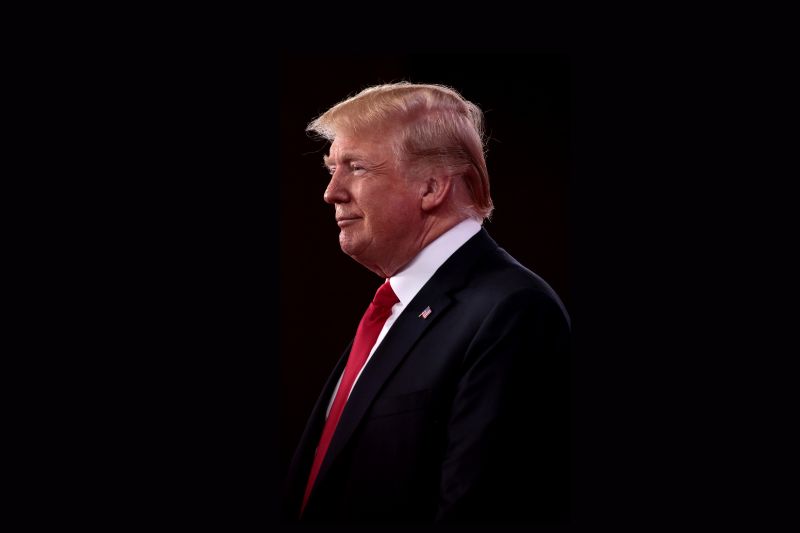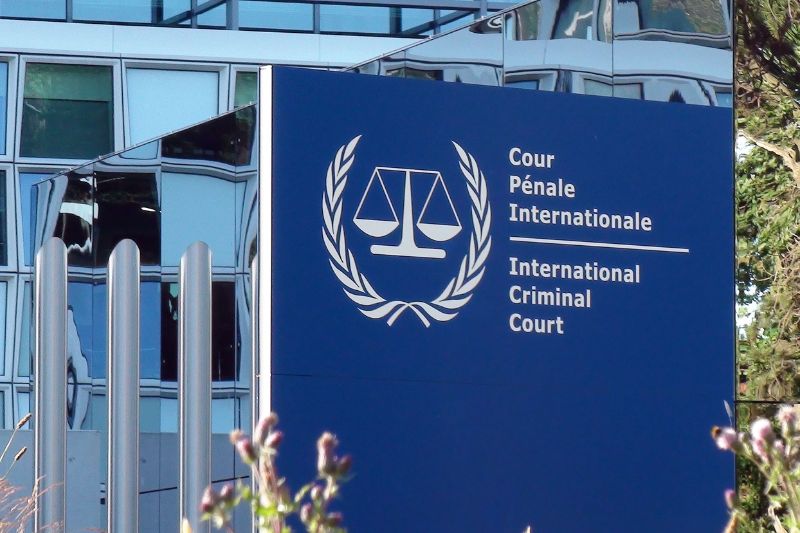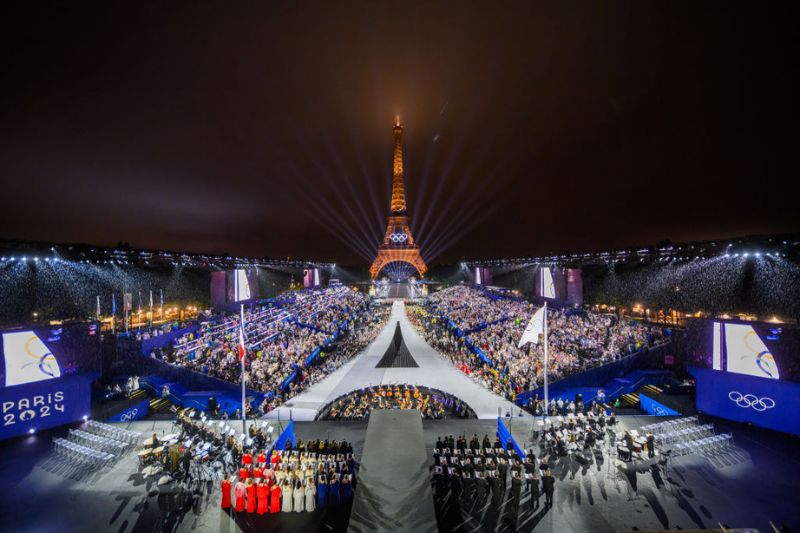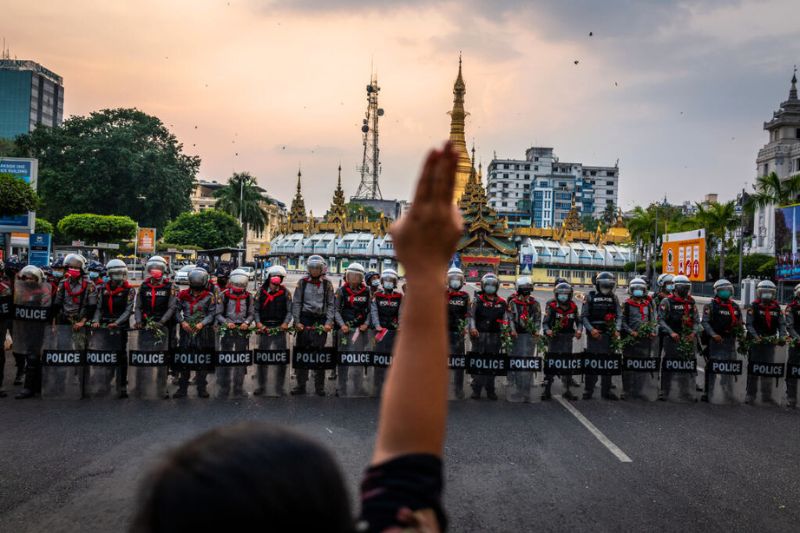Keywords: Totalitarianism
-

AUSTRALIA
- Binoy Kampmark
- 04 February 2025
Smartphones dictate access to commerce, communication, and even education, and face-to-face transactions have all but disappeared. Have we willingly surrendered choice for convenience? As digital payments become the norm, are those choosing to live without a smartphone excluded from modern society?
READ MORE
-

INTERNATIONAL
- Mark Beeson
- 28 November 2024
2 Comments
What does Donald Trump’s improbable return to the White House have to do with the mysteries of consciousness? Quite a lot, actually. From the psychology of a man shaped by relentless egotism to the social dynamics of his base, we scrabble for insights into what a Trump second term could mean for our fractured world.
READ MORE
-

AUSTRALIA
- Frank Brennan
- 25 September 2024
3 Comments
The Government is making another valiant effort to rein in the adverse effects of ungoverned digital platforms. But in debating such a detailed bill without the backstop of a constitutional or statutory bill of rights recognising the right to freedom of expression, there are no clear guard rails for getting the balance right.
READ MORE
-

INTERNATIONAL
- Andrew Hamilton
- 08 August 2024
3 Comments
The International Court of Justice (ICJ) recently ruled that Israel’s occupation of Palestinian territories had violated international law by encouraging settlements on occupied land. While the judgment imposes legal obligations, it does not consider how they might be met.
READ MORE
-

INTERNATIONAL
- Juliette Hughes
- 07 August 2024
You have to admit, the French have form for mocking religion. But with their peculiar take on the Lord's Supper with all its Dionysian excess, the colourfully irreverent opening ceremony left many asking: has Paris 2024 turned the Olympics into a ritual of performative ethics?
READ MORE
-

INTERNATIONAL
The Myanmar civil war has left the country devastated. Three years since a military coup, Myanmar is a humanitarian catastrophe. With over 2.7 million people displaced, the UN reported that 18.6 million people need humanitarian aid, 6 million of whom are children. A report from our correspondent in Myanmar.
READ MORE